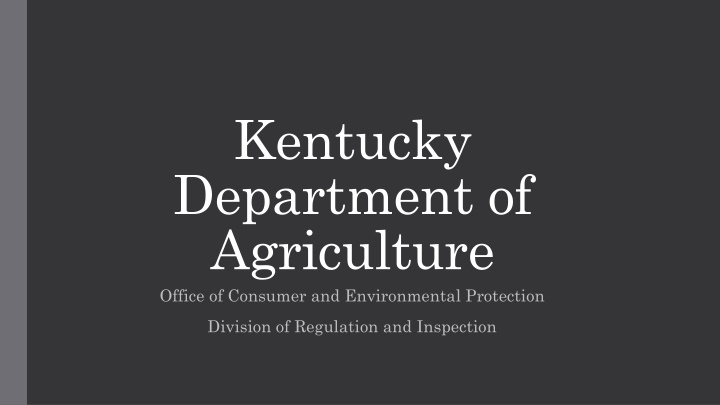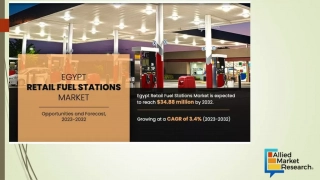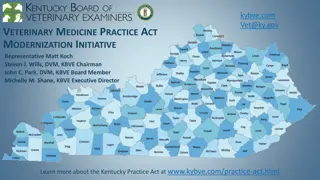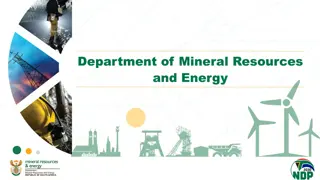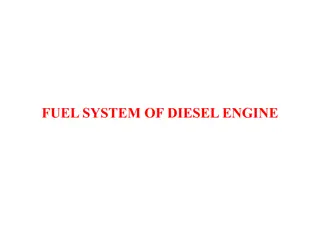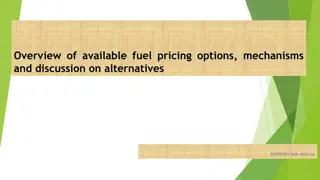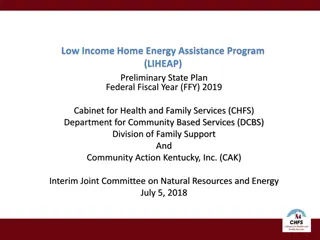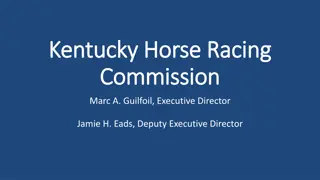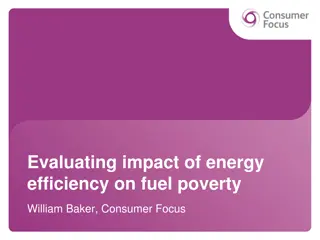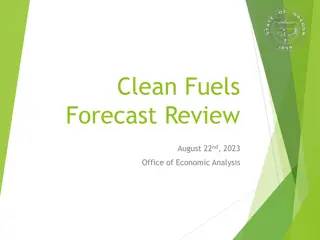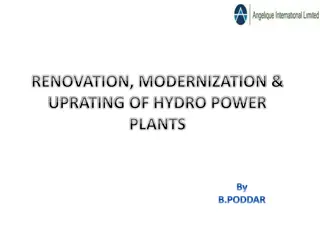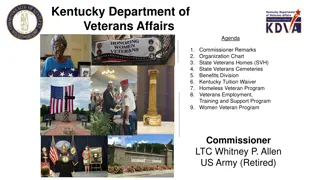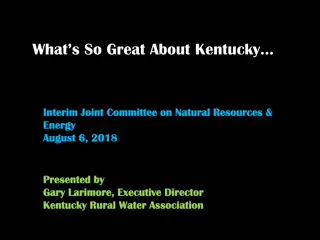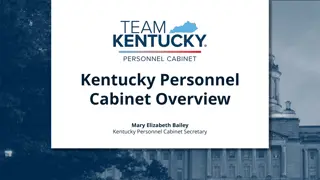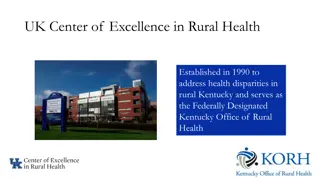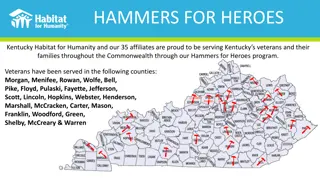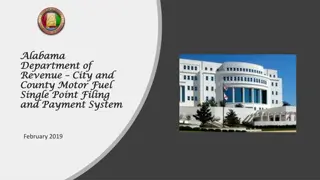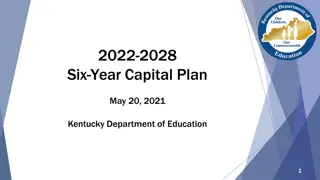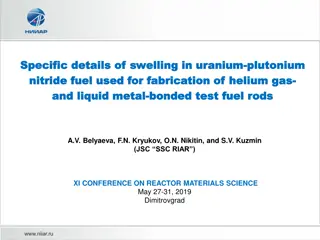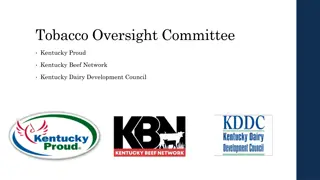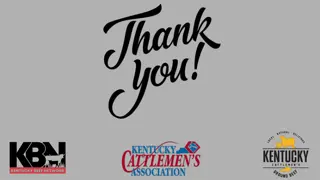Modernization of Kentucky Department of Agriculture's Motor Fuel Quality Program
Kentucky Department of Agriculture's Motor Fuel Quality Program underwent modernization from 2018 to 2022 to update regulations and address technical challenges. The program, which began in 1994, ensures fuel quality at over 2,600 gas stations in Kentucky, with inspectors following ASTM standards. The modernization involved revising regulations to enhance program comprehension and align with industry standards, culminating in legislative proposals for statute changes.
Download Presentation

Please find below an Image/Link to download the presentation.
The content on the website is provided AS IS for your information and personal use only. It may not be sold, licensed, or shared on other websites without obtaining consent from the author.If you encounter any issues during the download, it is possible that the publisher has removed the file from their server.
You are allowed to download the files provided on this website for personal or commercial use, subject to the condition that they are used lawfully. All files are the property of their respective owners.
The content on the website is provided AS IS for your information and personal use only. It may not be sold, licensed, or shared on other websites without obtaining consent from the author.
E N D
Presentation Transcript
Kentucky Department of Agriculture Office of Consumer and Environmental Protection Division of Regulation and Inspection
Motor Fuel Quality Program Began in 1994 following a mandate from the General Assembly to establish a retail motor fuel inspection and testing program (KRS 363.902). KDA tests fuel to ASTM International standards, federal requirements and administrative regulation requirements. Inspectors pull samples for random testing and also collect samples in response to consumer complaints. There are over 2,600 gas stations in Kentucky.
Program Modernization (Step One): Updating the Regulations, 2018-2020 The Impetus: Red Tape Reduction Mandate from the General Assembly Agencies were required to certify, repeal or update regulations. The old Motor Fuel Quality Regulations were put into place in 1994 when the program was implemented. Very few changes were made from 1994 to 2018, even though the program itself was changing over time. Our Assessment: The old regulations did not adequately describe all of the aspects of the program KDA was running. The Solution: Revamp the regulations so that a regulated retailer (or any member of the public) could read it and come away with a complete understanding of what KDA s Motor Fuel Quality Program consisted of.
Program Modernization (Step One): Updating the Regulations, 2018-2020 Challenges Very technical subject matter; difficult to explain it in plain English. No updates for decades the previous regulation did not explain most of the program s components. ASTM s and other industry standards are updated and revised on an almost yearly basis. Stages in the Process April 2018 to April 2020: Internal work to generate a comprehensive working discussion document. April 2020 to July 2020: Share discussion draft with industry representatives, request first round of comments. November 2020: Filed regulations with LRC November 2020 to January 2021: public comment period; second round of comments from industry representatives.
Program Modernization (Step Two): Legislative Proposal, 2021-2022 Statute Changes KDA does anticipate some changes to the statute. Mainly clean up language and removing some outdated language. Some technical changes requested by industry will differ from the bill that was filed last session: Include the Temperature Vapor Liquid Ratio Auto manufacturers, fuel refiners, distributors and others now say that standard should be included. The 50% distillation requirement in the statute is now the same in the ASTM standard.
Conclusion Any statute changes brought forward will be worked on with stakeholders in advance of filing. The KDA appreciates legislators interest in KDA s regulatory programs and looks forward to working with you as we move through the upcoming session. Questions?
